





Today, Sunday, December 15, 2024, Dr. Mawlod Khader Al-Qarni, Assistant Dean of the Institute, accompanied by M. Sarud Jalal Osman, Chairman of the Morning Examination Committee, visited the examination hall.






Today, Sunday, December 15, 2024, Dr. Mawlod Khader Al-Qarni, Assistant Dean of the Institute, accompanied by M. Sarud Jalal Osman, Chairman of the Morning Examination Committee, visited the examination hall.
Today 15.12.2024 Dean of the Institute (Prof. Tiran Jamil Pero) and Assistant Dean (Dr. Tariq Waisi Sadiq) visited the examination halls and examination committee on the first day of the final exams of the first semester Experiments
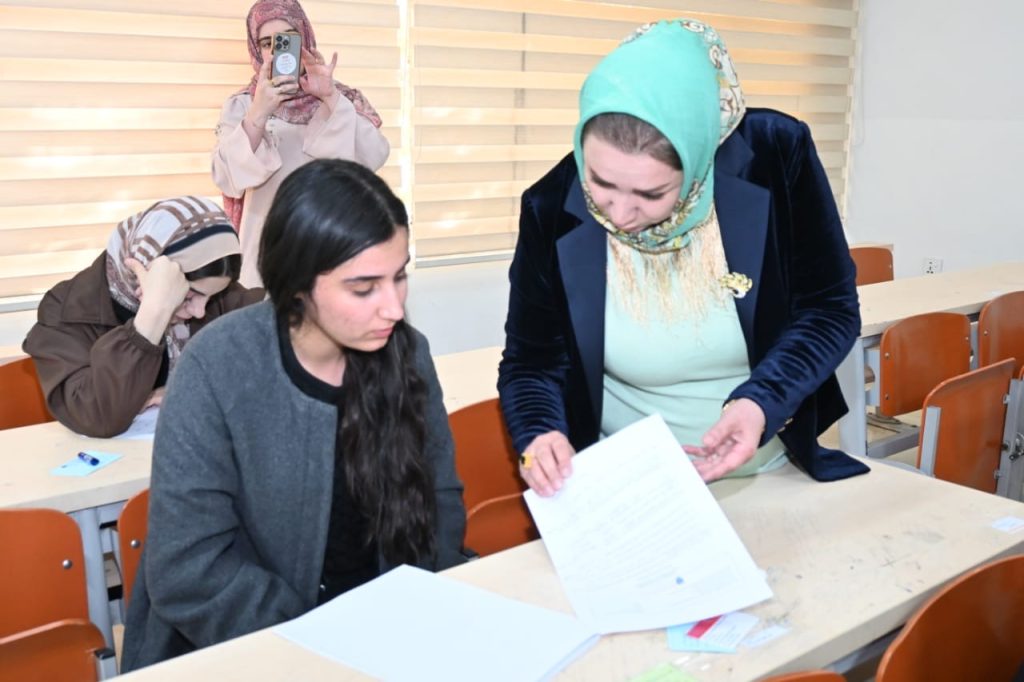
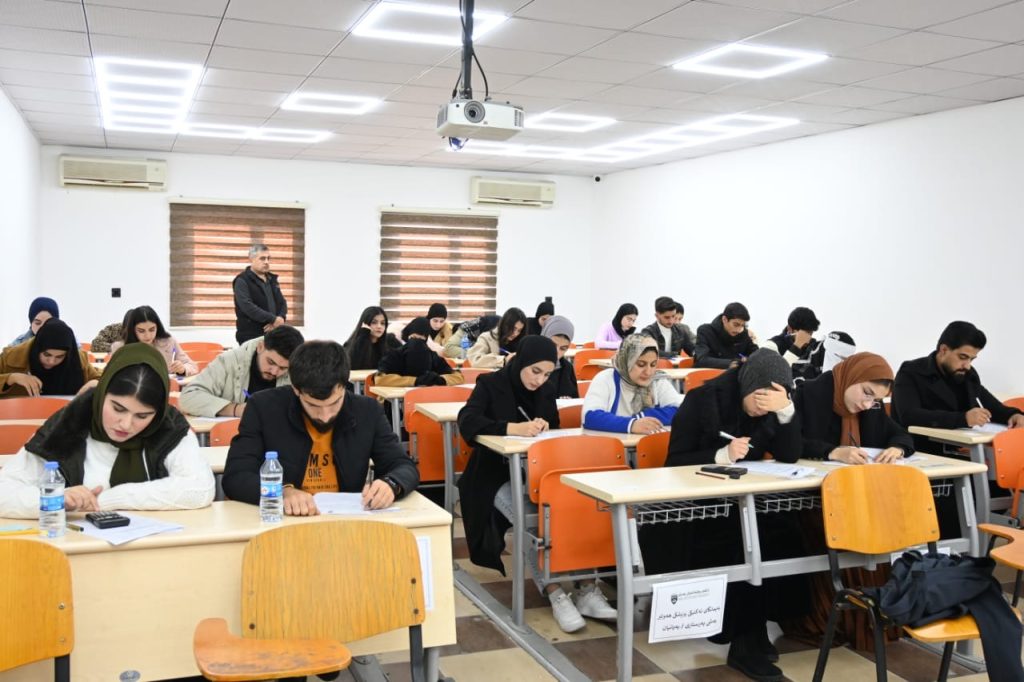
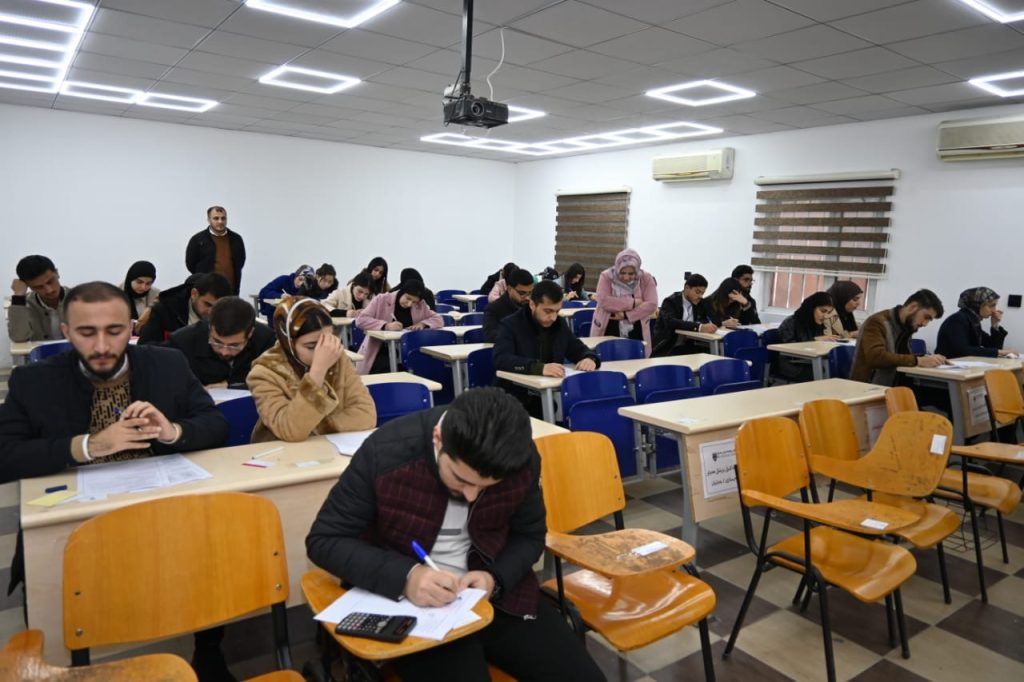
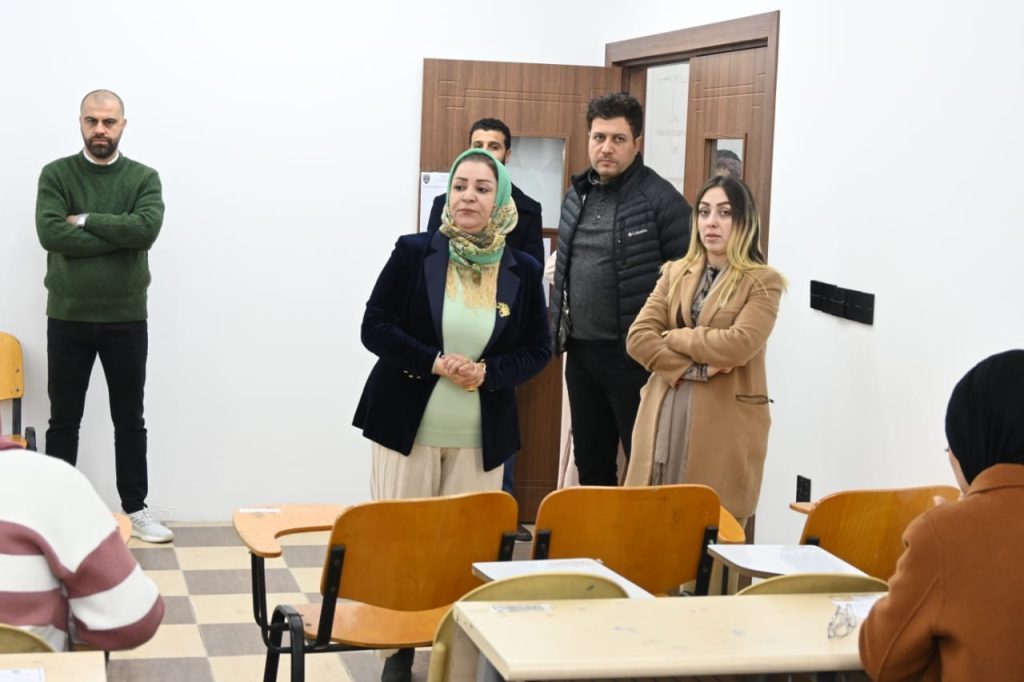
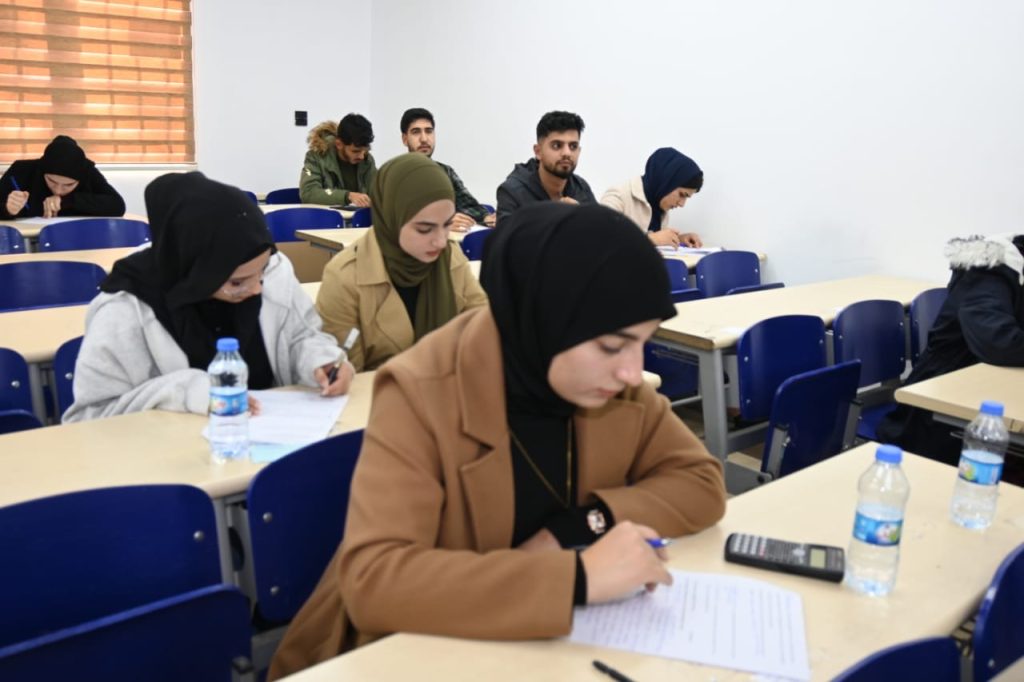
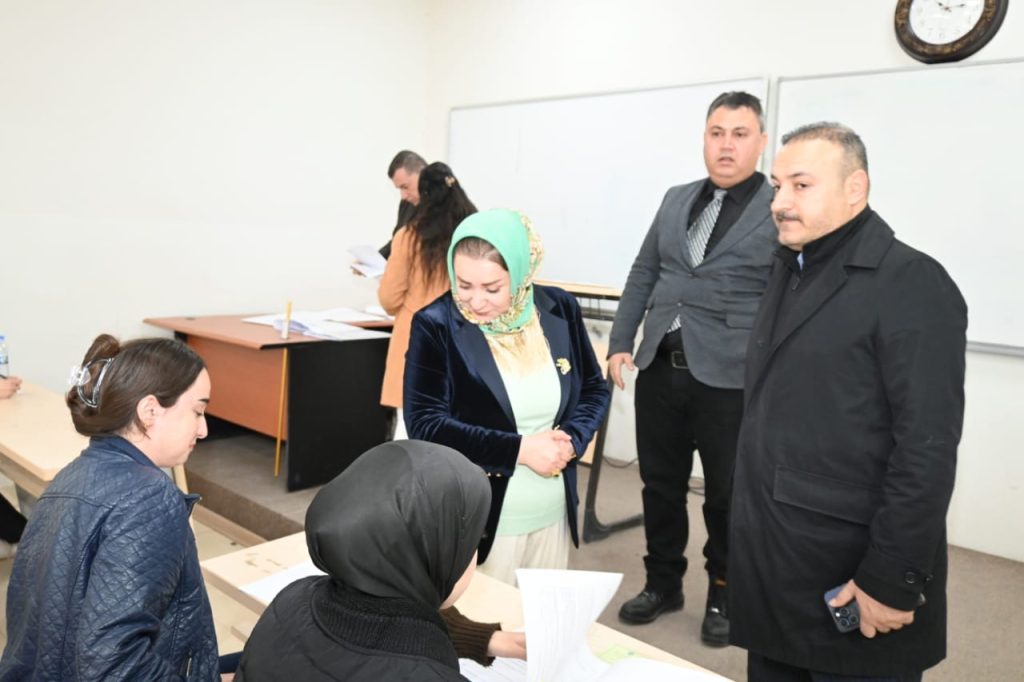
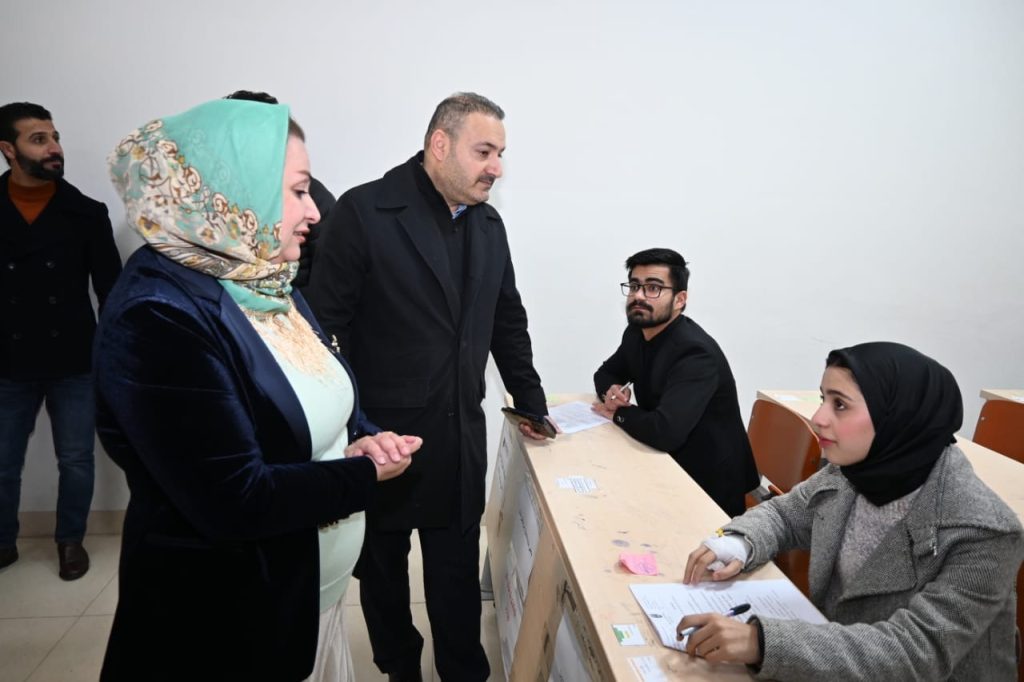
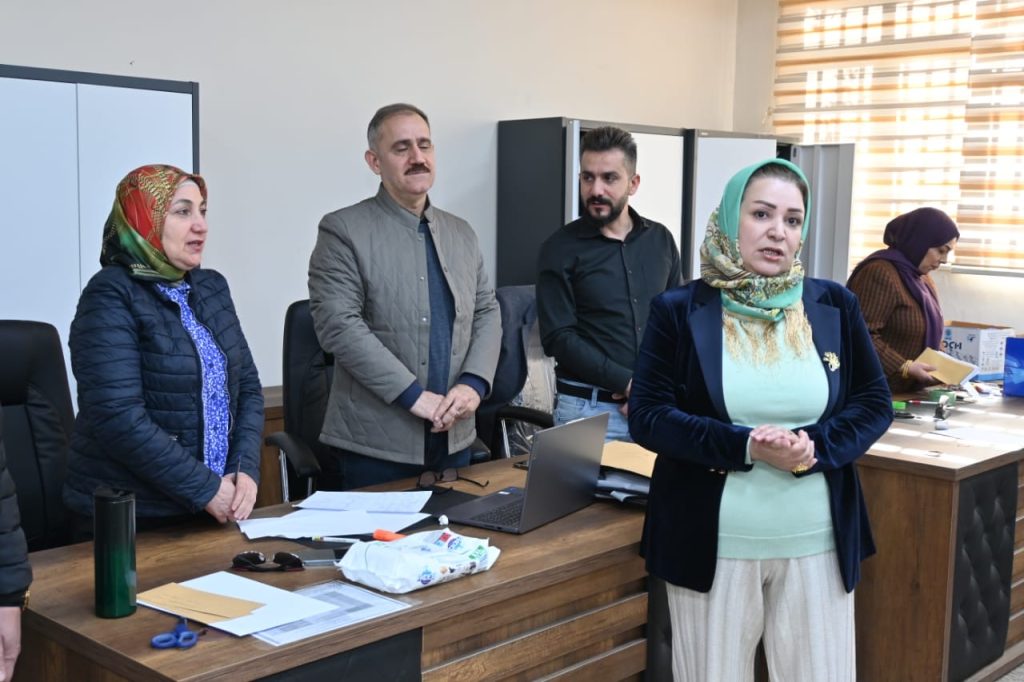
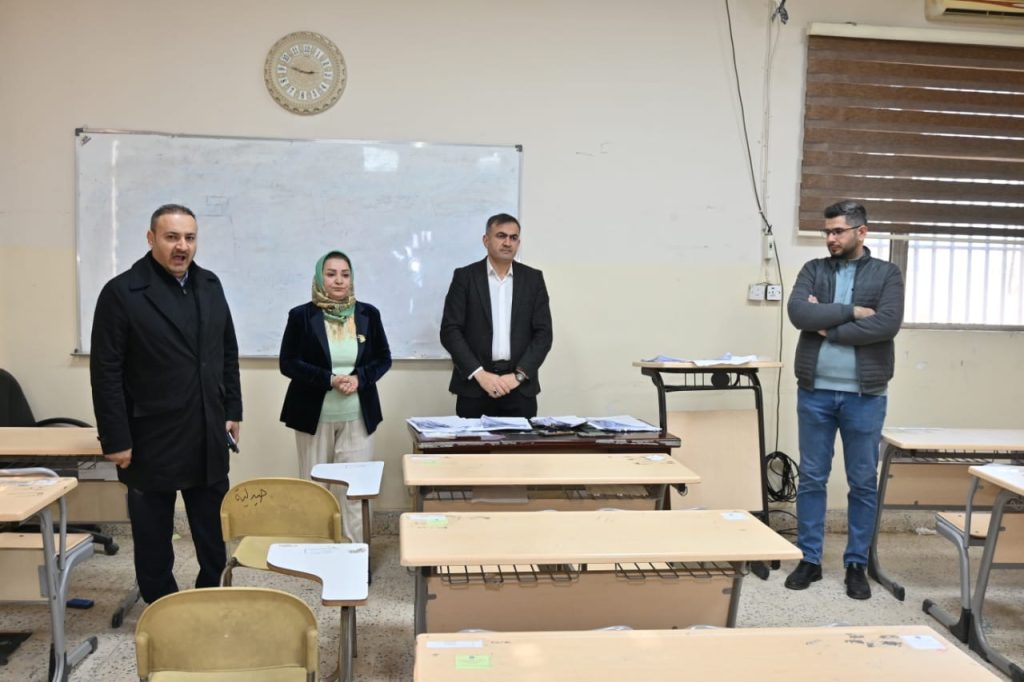
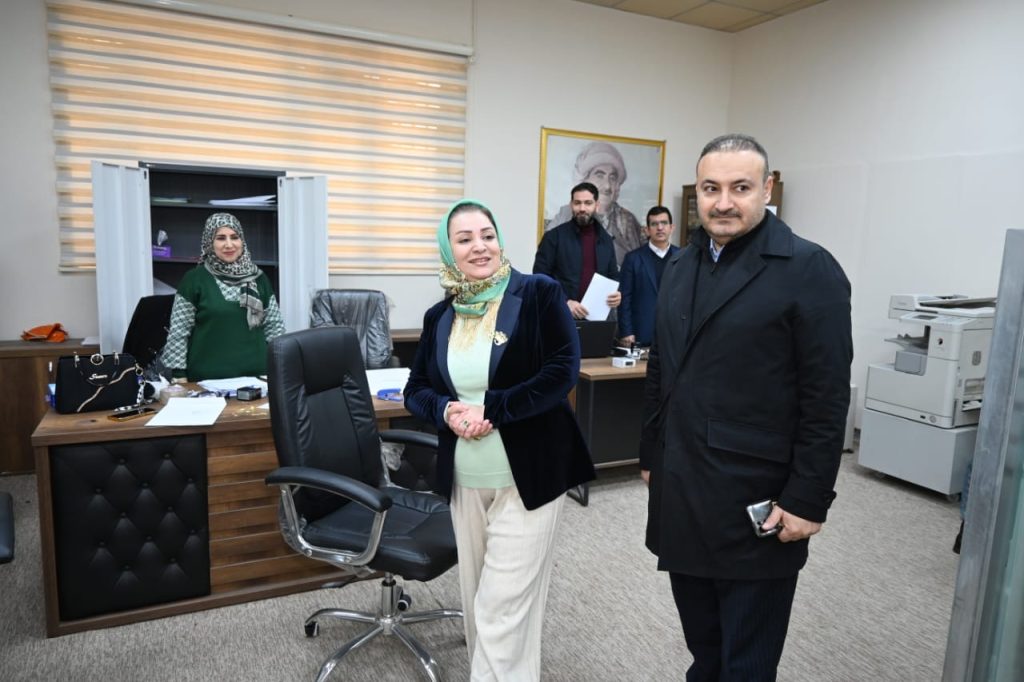
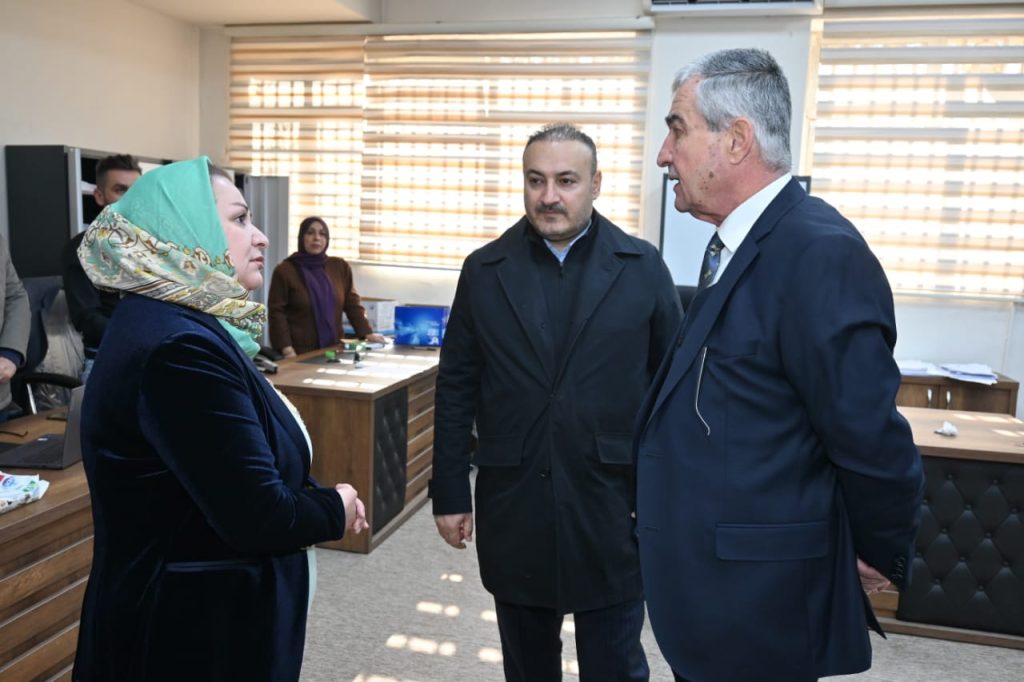
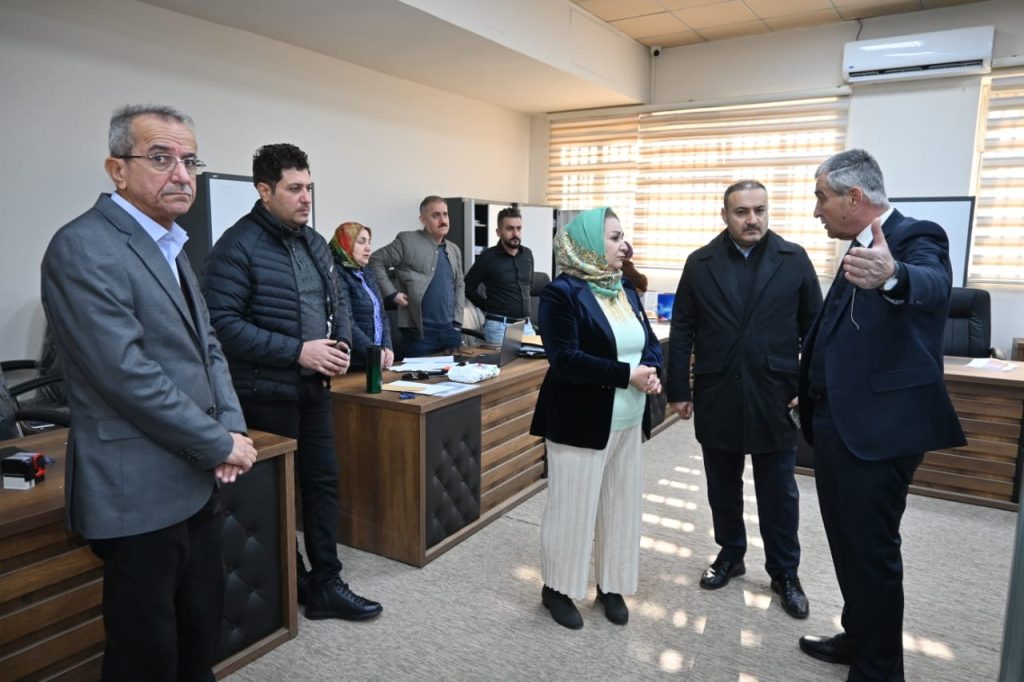
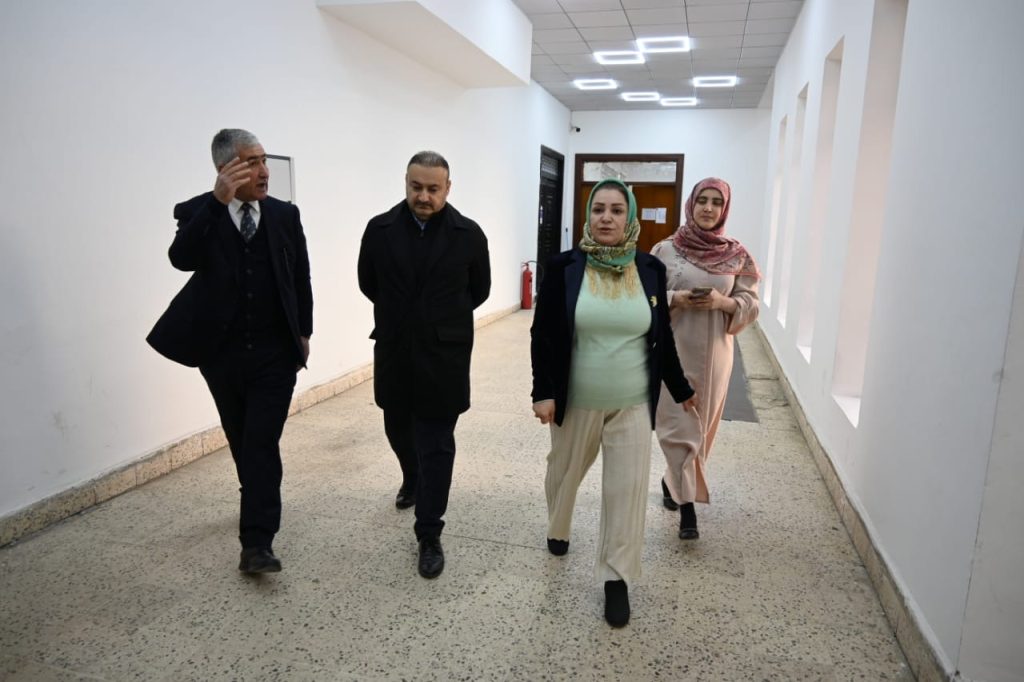
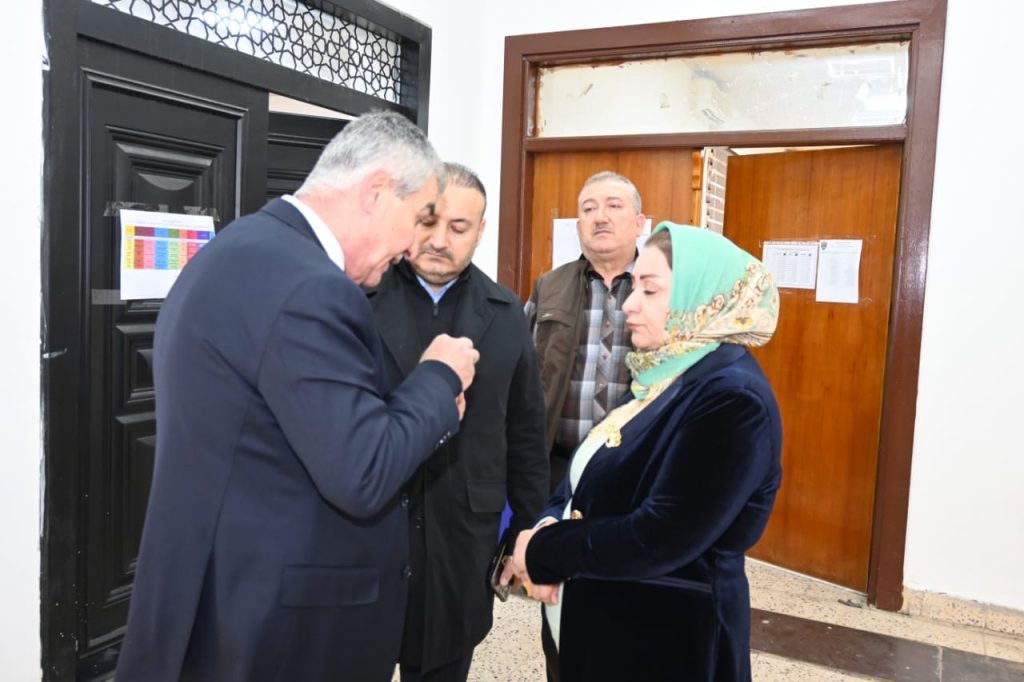
ئاگاداری لە سەنتەری زمانی زانکۆی پۆلیتەکنیکی هەولێر
ئاگاداری بەشداربووانی تاقیکردنەوەی کۆتایی خولی (11)ی فێرکاری سیستەمی کۆن دەکەینەوە:
4.ڕۆژی پێنج شەممە ڕێکەوتی(2024/12/19) تاقیکردنەوەی کۆتایی ئەنجام دەدرێت.
بە هیوای سەرکەوتن بۆ گشت بەشداربووان
بەڕێوەبەرایەتی سەنتەری زمان
زانکۆی پۆلیتەکنیکی هەولێر
2024/12/13
This dissertation investigated the effect arrangement of layers in glass and carbon composites, focusing on the effects of longitudinal fiber orientation, thickness, and the addition of SiO2 nanoparticles. Three batches of composite plates were produced. The first category comprised unidirectional glass fiber sheets arranged in a stacking sequence of 0° [G/G/G/G]s with and without 2% silica dioxide nanoparticles and carbon fiber sheets arranged in a stacking sequence of 0° [C/C/C/C]s with and without 2% silica dioxide nanoparticles. These sheets were specifically designed to assess the mechanical properties, namely the modulus of elasticity in the longitudinal and transverse directions E1 and E2, shear modulus (G12), and Poisson's ratio (ν12) for glass/epoxy and carbon/epoxy composites.
The second group, characterized by quasi-isotropic-balanced distinct stacking sequences, comprised three primary unidirectional fiber orientations: 0°, 45°, and 90°. These sequences varied in thickness, consisting of eight layers (2 mm), ten layers (2.5 mm), and twelve layers (3 mm). Additionally, SiO2 nanoparticles were utilized as a reinforcing agent within the epoxy matrix. The third group consisted of cross-layer configurations, with various stacking sequences examined. These sequences involved two primary unidirectional fiber orientations: 0° and 90°, and they exhibited different thicknesses. Specifically, the group included eight layers (2 mm), twelve layers (3 mm), sixteen layers (4 mm), and twenty layers (5 mm).
Furthermore, SiO2 nanoparticles were employed as a reinforcing agent within the epoxy matrix. The vacuum-assisted resin infusion process was utilized to fabricate fourteen combinations of fiber-reinforced epoxy composites, including those with and without the addition of 2% silicon dioxide nanoparticle composites, designated as QS1, QS1N, QS2, QS2N, QS3, QS3N, CS1, CS1N, CS2, CS2N, CS3, CS3N, CS4, and CS4N. The quasi-static mechanical properties (tensile and three-point bending test) and dynamic (axial and flexural fatigue test) behaviors of the material were examined through experimental analysis and validated using numerical simulations via the finite element method (ANSYS 2019/R3 Workbench).
The modulus of elasticity (E1) and maximum stress for QS3 and QS3N increased by 20.97% and 18.65%, respectively. In comparison to CS1, which lacks SiO2 nanoparticles, CS1N exhibited increases in E1 and maximum stress of 2.5% and 12.7%, respectively. The incorporation of SiO2 nanoparticles significantly enhanced the performance of glass/carbon hybrid composite materials. Axial fatigue tests demonstrated that the number of cycles of the hybrid composites (CS1 and CS1N), (CS2 and CS2N), and (CS3 and CS3N) increased by approximately 55%, 27%, and 58%, respectively, at a load level of 70%. In flexural fatigue testing, there was a stress increase of 17.4% between CS1 and CS1N, and a similar increase of 13.11% between CS2 and CS2N. The sample pairs CS3 and CS3N showed a comparable percentage increase of 17.1%, while CS4 and CS4N exhibited an increase of 13.61%.